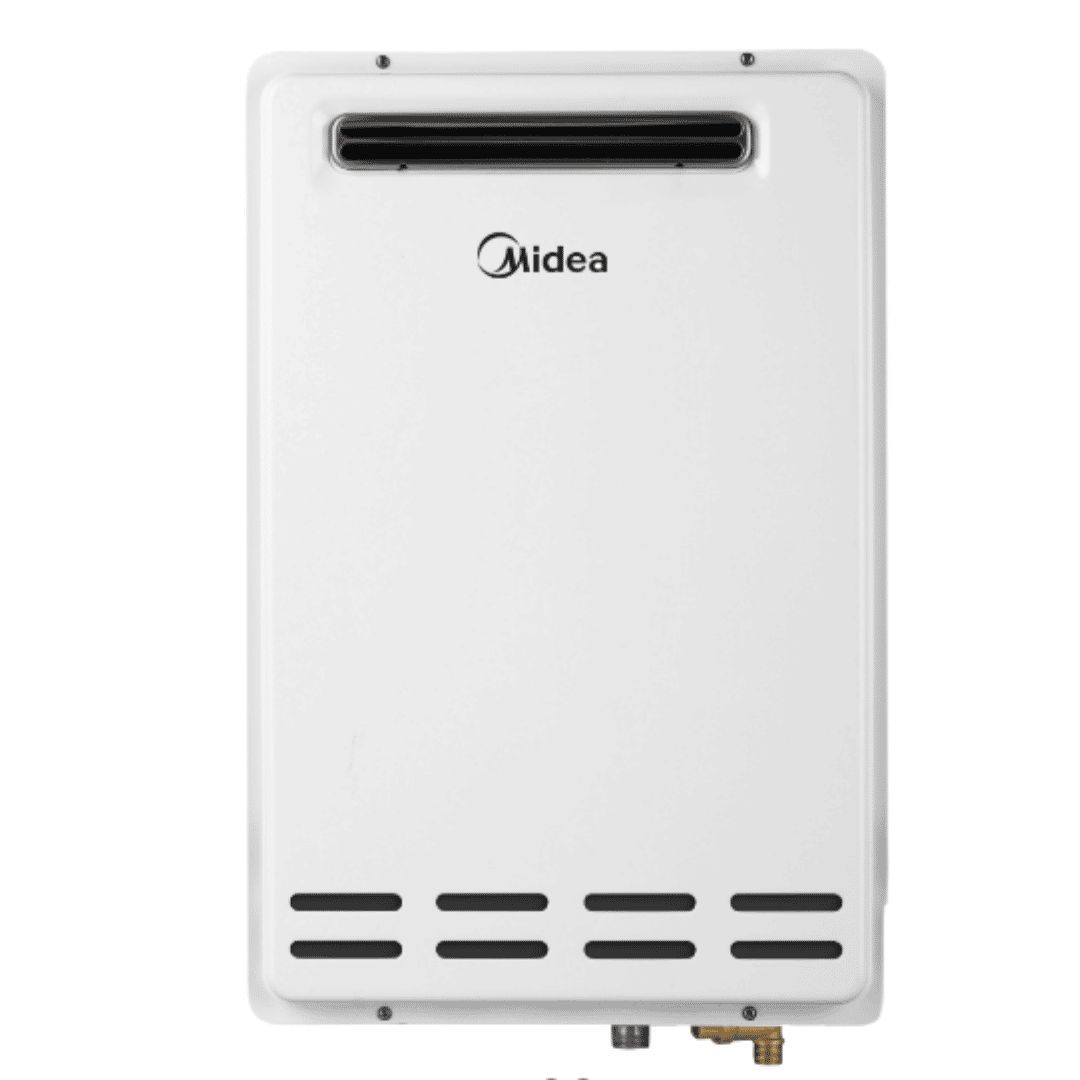No products in the cart.

Types of Gas Water Heaters in NZ
Gas Water Heater Types: Which One is Right for You?
When it comes to choosing a gas water heater, there are several options available in the market. Each type of gas water heater comes with its own set of advantages and disadvantages. Understanding these differences can help you make an informed decision on which type of gas water heater is right for your needs. In this article, we will explore the various gas water heater types and their pros and cons.
- Storage Tank Water Heater:
A storage tank water heater is the most common type of gas water heater used in households. It works by storing hot water in a tank and maintaining a constant temperature. The tank can hold between 20 to 80 gallons of water. The biggest advantage of this type of gas water heater is its low cost. However, the tank takes up a lot of space and can run out of hot water if used excessively.
- Tankless Water Heater:
A tankless water heater, also known as an on-demand water heater, heats water on demand as it flows through the unit. This type of gas water heater is more expensive than a storage tank water heater, but it is more energy-efficient and has a longer lifespan. Tankless water heaters are also compact and take up less space.
- Heat Pump Water Heater:
A heat pump water heater uses electricity to move heat from the surrounding air to heat water. This type of gas water heater is the most energy-efficient and can save you up to 60% on your energy bills. However, heat pump water heaters are more expensive than storage tank water heaters and require a lot of space.
- Condensing Water Heater:
A condensing water heater uses a secondary heat exchanger to extract heat from the exhaust gases and transfer it to the incoming water. This type of gas water heater is highly efficient and can save up to 30% on your energy bills. However, condensing water heaters are the most expensive type of gas water heater and require a complex installation process.
- Hybrid Water Heater:
A hybrid water heater combines the technology of a heat pump water heater and a storage tank water heater. This type of gas water heater is highly efficient and can save you up to 60% on your energy bills. Hybrid water heaters are more expensive than storage tank water heaters but less expensive than heat pump water heaters.
In conclusion, choosing the right type of gas water heater depends on your specific needs and budget. If you want an affordable option and don’t mind sacrificing some energy efficiency, then a storage tank water heater may be the best choice for you. However, if you want an energy-efficient option with a longer lifespan, then a tankless water heater or a heat pump water heater may be a better option.
At The Insiders Views, we provide comprehensive information on SEO and website traffic. Visit our website to learn more about boosting your website traffic.
Gas water heaters are an affordable way to heat up your home. They’re also easy to install and maintain.
But it’s also one of the hardest appliances to install correctly. So we’ve put together this video to show you how to get it right first time.
If you’re thinking about installing a gas water heater, make sure you follow these steps to ensure you get it right first time!
But it’s also one of the most dangerous appliances around. So how safe is your gas water heater?
Gas water heaters are among the safest household appliances available today. They use natural gas as fuel, which is much safer than electricity. However, there are still some risks involved with using them.
Check the safety rating.
Before purchasing a new gas water heater, make sure to check its safety rating. This will tell you how safe the unit is. If the rating is less than 3 stars, then you should consider another option.
Don’t use an old or damaged tank.
You should also ensure that the tank has been properly installed. It should not leak or crack. Also, make sure that the tank is securely attached to the wall.
Install a pressure relief valve.
If the tank leaks, the water will escape through the pipe into the room. This can cause damage to walls and floors. To prevent this, install a pressure relief valve. These valves release excess pressure when the water reaches a certain level. They are usually located near the top of the tank.
- $6,486.00
$9,800.00Daikin Hot Water Heat Pump ALTHERMA SYSTEMS – EKHHP300AC-02AA
$6,486.00$9,800.00 - $6,276.85
$9,415.28Daikin Hot Water Heat Pump ALTHERMA SYSTEMS – EKHHP300AB-02AA
$6,276.85$9,415.28



